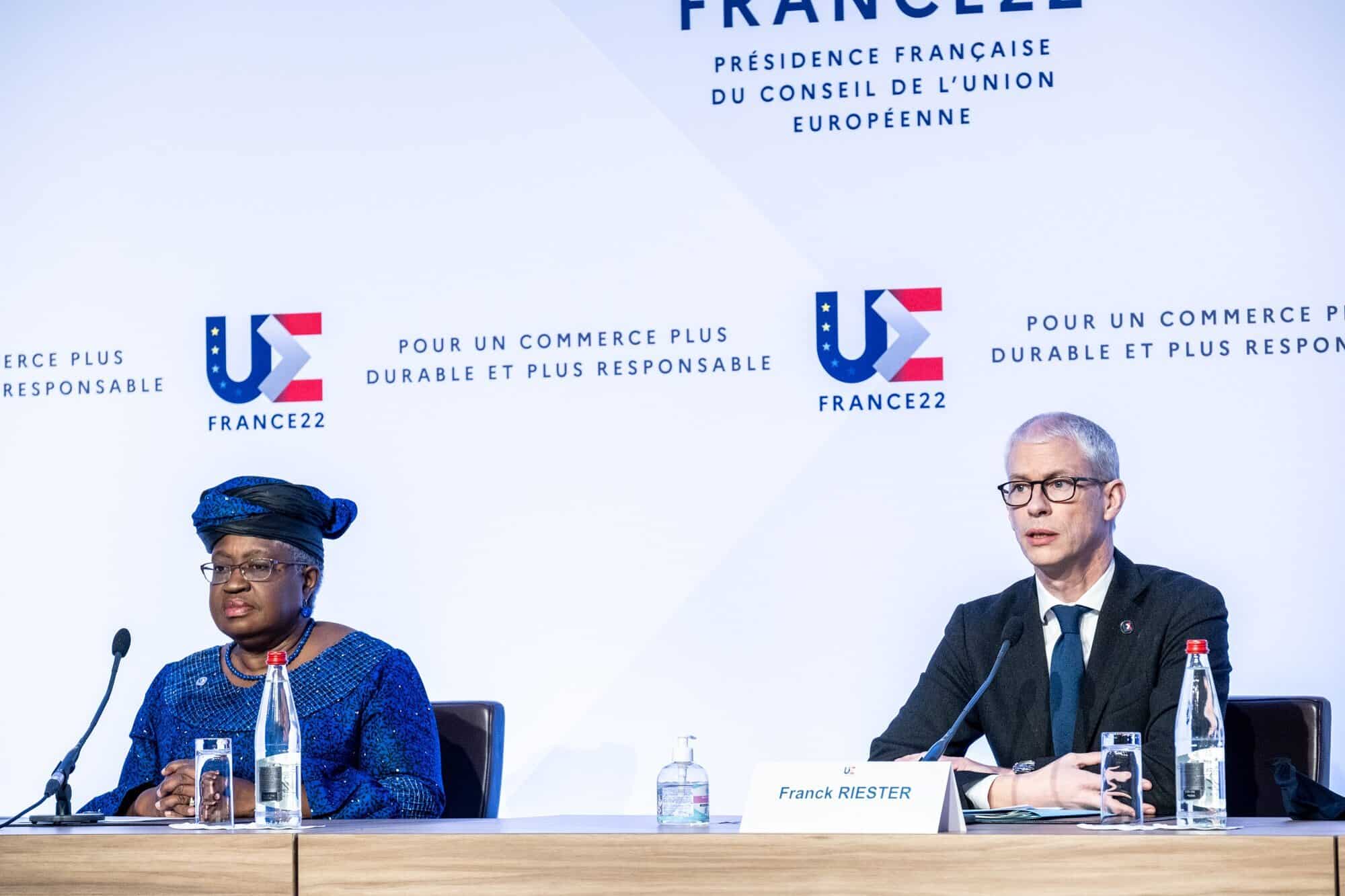An accord between rich nations and developing countries on intellectual property waivers for Covid-19-vaccines could be just weeks away, the head of the World Trade Organization said on Friday.
Developing countries that are lagging behind in vaccinating their populations have been pushing for waivers on the patents, or intellectual property rights, on Covid-19 vaccines as they say this would help spur local production.
That has pitted them against a group of mostly developed countries, including prominently EU nations, which believe that would discourage innovation and that other steps can be taken to boost access to vaccines.
“We hope that within the next few weeks we can have a breakthrough” on what has been a bone of contention for months, WTO leader Ngozi Okonjo-Iweala told a press conference.
“We believe there could be a sensible landing zone, a sensible compromise solution that would allow developing countries more access to technology transfer and IP whilst protecting innovation and research, not discouraging it,” she added.
While a deal could be reached soon, it may not happen before the EU-African Union summit on February 17-18 in Brussels, said Okonjo-Iweala.
Addressing the same conference in Paris, French minister for foreign trade Franck Riester, said “what is important is access to vaccines.”
This can be improved by lifting as far as possible restrictions to their distribution, he said.








